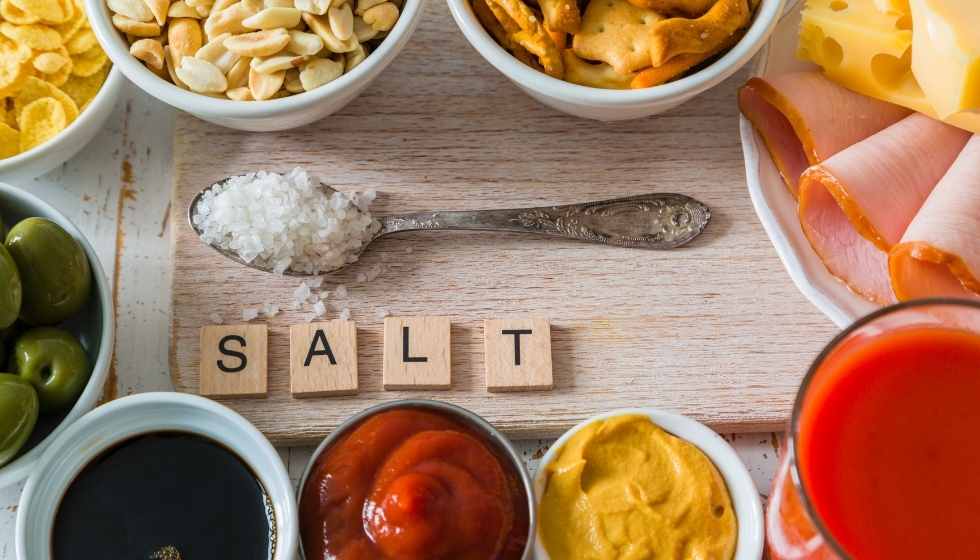

The body needs fats in the diet because, among other things, they provide energy and support the functioning of cells. But not all fats are the same.
If the unsaturated ones can be consumed daily, in moderation, the saturated ones are recommended occasionally, and should avoid the trans ones. Here’s why!
Trans fats can be both natural and artificial. The natural ones are found in small amounts in meat and dairy products and are not harmful to health if the products above are not consumed in excess.
Artificial ones, however, also known as industrial trans fats or partially hydrogenated fats, are harmful to health, according to several scientific studies.
To make these artificial trans fats, several vegetable oils are chemically modified to remain solid at room temperature, giving them a much longer shelf life. Some varieties of margarine, for example, may contain trans fats. Still, even if direct consumption of margarine is avoided, it may also be present in other products, such as pastries or fried foods.
Many observational studies have linked a high intake of trans fats with an increased risk of heart disease. Several clinical trials have shown that participants who regularly consumed trans fats instead of other fats experienced a significant increase in bad cholesterol (LDL).
Since this research has established a clear association between the intake of artificial trans fats and the development of cardiovascular diseases, several countries have passed laws restricting their presence in food products.
Inflammation can be useful in the short term when pathogens attack the body, but it becomes dangerous if it occurs when there is no external danger.
Excess inflammation is one of the causes of chronic diseases such as arthritis, diabetes, or metabolic syndrome. Scientists have found that trans fats increase inflammatory markers in this context, especially in overweight or obese people.
Scientists suggest that regular consumption of foods containing trans fats lowers good cholesterol (HDL) and damages the inner walls of blood vessels.
This is how you reduce the number of trans fats consumed!
To limit the consumption of industrial trans fats, it is advisable to carefully read the labels of the products in grocery stores to know how to avoid them. Trans fats may appear in the ingredients list under names such as ‘partially hydrogenated oils’ or ‘partially hydrogenated fats.
In general, as I said, these fats can be found in many products sold in patisseries, but also in commercial frozen pizza or pie doughs, in popcorn, in coffee creamers, and in fried foods (doughnuts, fries, burgers, etc.).
When it comes to frying, the trans fat content increases every time the same oil is reused. That’s why if you’re craving fried potatoes, for example, but you’re also thinking about health, you can cook them in the oven: brush them with oil, a little salt, and sesame seeds (if you want to try something new) or your favorite spices and they’ll be as good or even tastier than classic fries.
If you are used to consuming margarine as such, in sandwiches, it can be replaced with healthier ingredients: a teaspoon of Greek yogurt mixed with a teaspoon of mustard; a spoonful of hummus, beaten beans, or lentil paste; half an avocado mashed well with a fork and mixed with a little lemon juice.
Also Read: 5 Myths Around a Healthy Lifestyle
This post was last modified on August 15, 2022
Introduction: What Are Reverse Travel Goals? People now find reverse travel goals more appealing because…
Anxious at Work these days is becoming too common among young employees to middle-aged employees…
Going on a first dinner date, whether your first or someone else's, is an exhilarating…
Health is one of the major things for everyone; everyone has to consider health as…
Meticulous preparation and close attention to detail will guarantee that these worthwhile properties arrive at…
According to human psychology, humans think a lot and assume everything that is happening in…